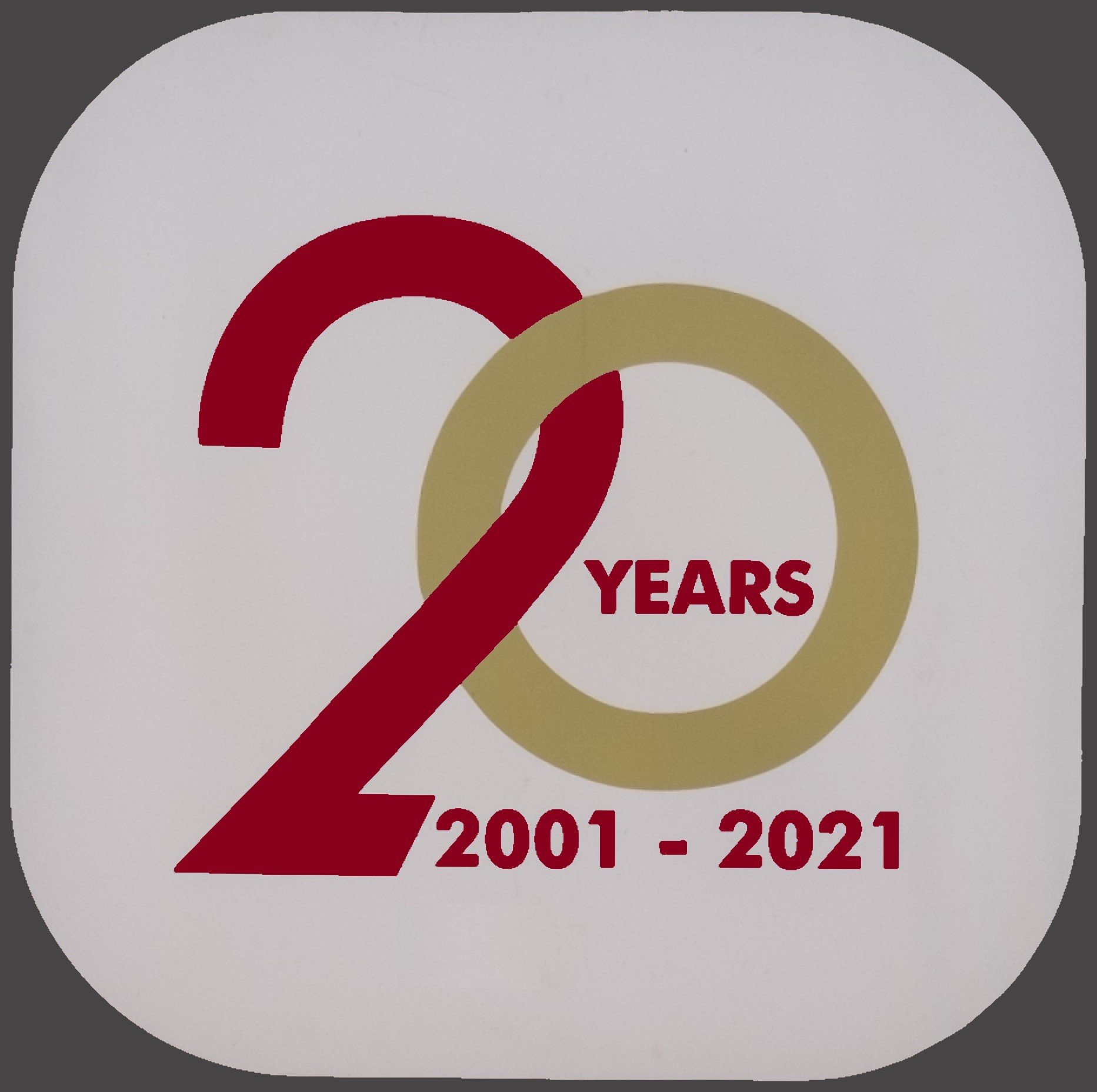Vision
To be a Center of Excellence in Education and Research in Electronics and Communication Engineering in the service of society.
Mission
- To provide the conductive environment to students to become technically competent, socially responsible and ethical professionals
- To continuously improve and impart quality education with an emphasis on contemporary technologies
- To inspire students and teachers towards innovative and collaborative research, satisfying technological needs of society
- To encourage faculty members to improve their competence
B.Tech. (ECE)
Programme Educational Objectives (PEOs)
- The graduates of the programme should be successful in professional career and/or higher education by acquiring the knowledge in the fundamentals of Electronics and Communication Engineering encompassing contemporary technologies and professional skills
- The graduates of the programme should be able to provide solutions to real life problems which are economical and socially acceptable
- The graduates of the programme should exhibit good communication skills and lead a team with human values and professional ethics by engaging in lifelong learning
Program Outcomes (POs)
Engineering Graduates will be able to:
- Engineering knowledge: Apply the knowledge of mathematics, science, engineering fundamentals and an engineering specialization to the solution of complex engineering problems.
- Problem analysis: Identify, formulate, review research literature, and analyze complex engineering problems reaching substantiated conclusions using first principles of mathematics, natural sciences, and engineering sciences.
- Design/development of solutions: Design solutions for complex engineering problems and design system components or processes that meet the specified needs with appropriate consideration for the public health and safety, and the cultural, societal, and environmental considerations.
- Conduct investigations of complex problems: Use research-based knowledge and research methods including design of experiments, analysis and interpretation of data, and synthesis of the information to provide valid conclusions.
- Modern tool usage: Create, select, and apply appropriate techniques, resources, and modern engineering and IT tools including prediction and modeling to complex engineering activities with an understanding of the limitations.
- The engineer and society: Apply reasoning informed by the contextual knowledge to assess societal, health, safety, legal and cultural issues and the consequent responsibilities relevant to the professional engineering practice.
- Environment and sustainability: Understand the impact of the professional engineering solutions in societal and environmental contexts, and demonstrate the knowledge of, and need for sustainable development.
- Ethics: Apply ethical principles and commit to professional ethics and responsibilities and norms of the engineering practice.
- Individual and team work: Function effectively as an individual, and as a member or leader in diverse teams, and in multidisciplinary settings.
- Communication: Communicate effectively on complex engineering activities with the engineering community and with society at large, such as, being able to comprehend and write effective reports and design documentation, make effective presentations, and give and receive clear instructions.
- Project management and finance: Demonstrate knowledge and understanding of the Engineering and management principles and apply these to one’s own work, as a member and leader in a team, to manage projects and in multidisciplinary environments.
- Life-long learning: Recognize the need for, and have the preparation and ability to engage in independent and life-long learning in the broadest context of technological change.
Program Specific Outcomes (PSOs)
- Professional Skills: Apply the concepts off electronics and communication Engineering to solve problems in various areas like electronics, communication, signal processing, RF & microwave, VLSI, Embedded etc.
- Problem Solving Skills: Solve complex electronics and communication engineering problems using hardware and software tools.
- Skill Development: Apply verbal, reasoning, data interpretation, quantitative and communication skills to solve engineering problems.
M. Tech. (Embedded Systems)
Programme Eductional Objectives (PEOs)
- The graduates should be successful in gaining technical competence in the domain of Embedded Systems.
- The graduates should be able to develop required potential in multidisciplinary areas to carryout research and provide real time solutions for industry and society.
- The graduates should inculcate professional ethics, human values, lifelong learning and communication skills.
Program Outcomes (POs)
- PO1: An ability to independently carry out research /investigation and development work to solve practical problems.
- PO2: An ability to write and present a substantial technical report/document.
- PO3: Students should be able to demonstrate a degree of mastery over the area as per the specialization of the program. The mastery should be at a level higher than the requirements in the appropriate bachelor program.
- PO4: An ability to understand and analyze system level hardware and software for developing real time solutions.
- PO5: Students should be able to develop hardware software co-design applications using Integrated Development Environment (IDE) tools, real time operating systems and Development boards.
- PO6: Students should be able to adopt new technologies for implementing multidisciplinary design applications.
M. Tech. (VLSI System Design)
Programme Eductional Objectives (PEOs)
- The graduates should be successful with higher knowledge in competing technologies related to the specialization of VLSI System Design.
- The graduates should be able to solve the problems at industry level and real time applications.
- The graduates should have professional ethics, human Values, better communication and soft skills.
Program Outcomes (POs)
- PO1: An ability to independently carry out research/investigation and development work to solve practical problems.
- PO2: An ability to write and present a substantial technical report/documentation.
- PO3: Students should be able to demonstrate a degree of mastery over the area as per the specialization of the program. The mastery should be at a level higher than the requirements in the appropriate bachelor program.
- PO4: An ability to understand, analyze and plan the design methodologies to propose real time solution.
- PO5: The student should be able to design and implement various applications using EDA tools for solving complex problems of the society.
- PO6: The student should be competent to handle current multi-domain industry designs with competing technologies.


